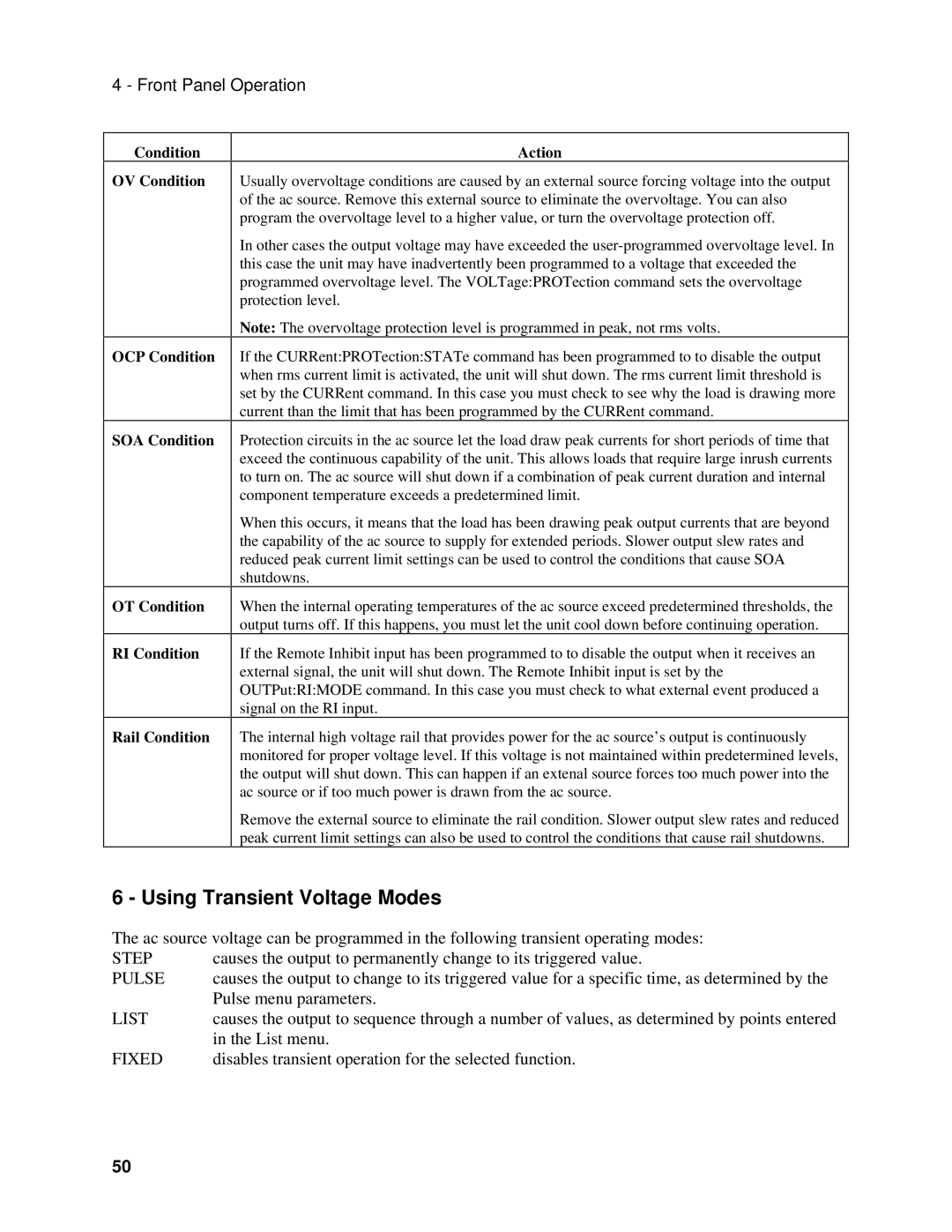6812B, 6811B, 6813B specifications
Agilent Technologies, a leader in electronic test and measurement equipment, offers a range of powerful signal sources including the 6843A, 6834B, 6814B, 6813B, and 6811B models. These instruments are designed to support various applications in research, development, and manufacturing, providing precise signal generation capabilities.The Agilent 6843A is a versatile signal generator known for its exceptional frequency range and modulation capabilities. It supports an extensive bandwidth, making it ideal for applications that require high-frequency signal generation. With its superior phase noise performance, the 6843A is an excellent choice for radar, wireless communications, and electronic warfare applications. The instrument features an intuitive user interface, allowing engineers to set parameters quickly and efficiently.
Next, the Agilent 6834B offers exceptional performance characteristics, including high output power and low distortion. This signal generator is particularly noted for its ability to produce complex modulation formats, making it suitable for testing advanced wireless communication systems. With a reliable and stable output, the 6834B ensures accurate and repeatable measurements, which is vital for thorough testing processes.
The 6814B model stands out for its dual-channel capabilities, allowing users to generate simultaneous signals for testing multiple components or systems. This feature significantly enhances testing efficiency and flexibility for engineers. With built-in arbitrary waveform functionality, users can create custom waveforms, making the 6814B suitable for a wide range of applications including device characterization and signal processing research.
For those seeking a more compact solution, the Agilent 6813B provides essential signal generation features without compromising on performance. It is designed for a variety of applications across telecommunications and consumer electronics, featuring a straightforward interface and robust performance metrics.
Lastly, the 6811B is an entry-level yet capable model that supports a broad spectrum of testing needs. Perfect for educational and laboratory environments, it provides essential functionalities required for effective signal generation and analysis.
Overall, Agilent Technologies' 6843A, 6834B, 6814B, 6813B, and 6811B signal generators offer an array of features and technologies that cater to various application needs. Their precision, reliability, and user-oriented designs position them as invaluable assets in any testing environment, ensuring engineers can carry out their work with confidence and accuracy.

